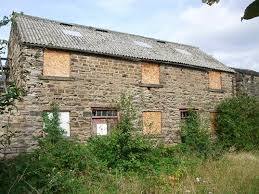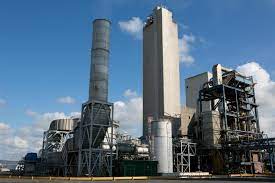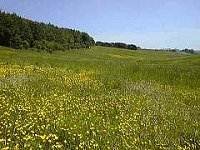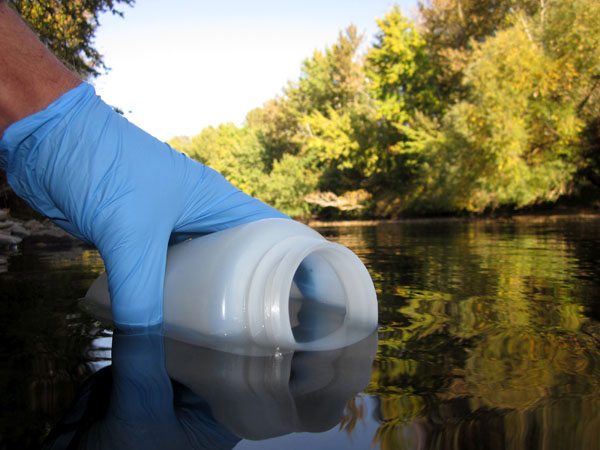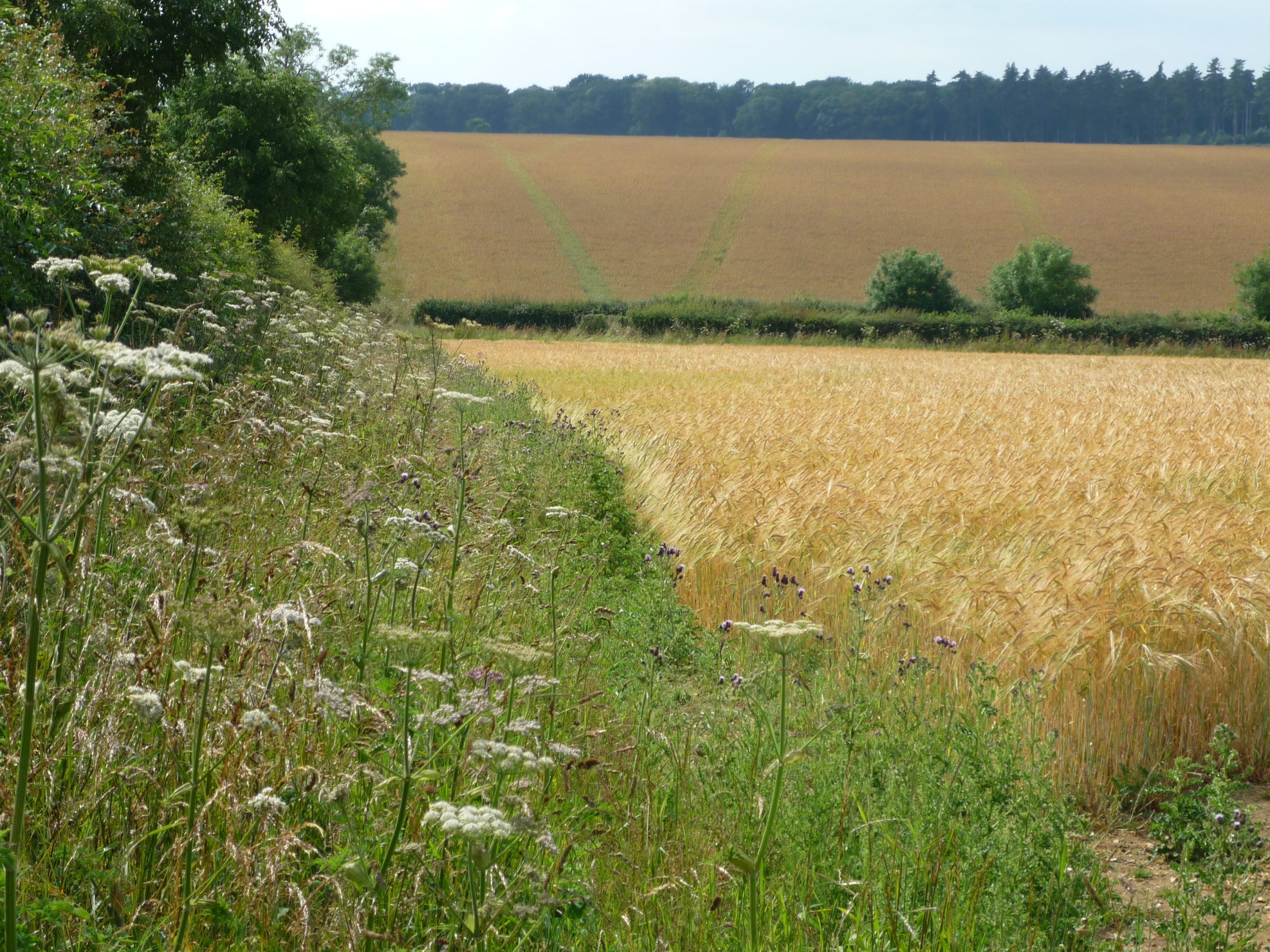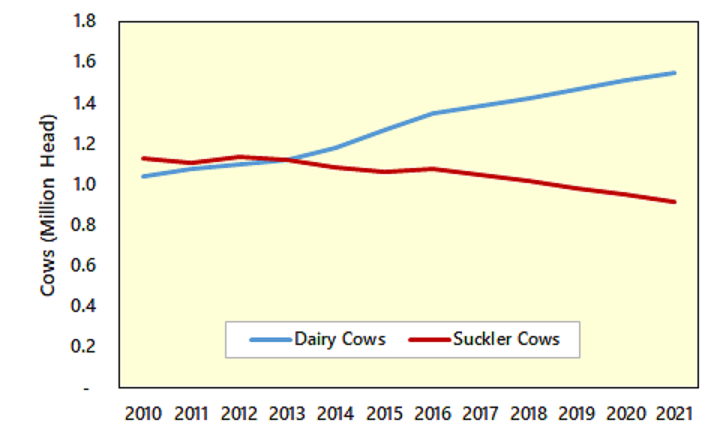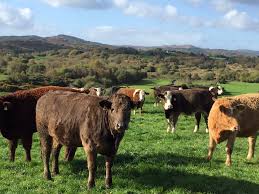The Government has committed £110m to help improve rural economies. This is effectively a replacement for the previous LEADER and Rural Growth programmes under the Rural Development regulation that ended last year. It will provide capital grants for the the same sort of projects;
- farm diversification, including tourism enterprises
- the conversion of redundant farm buildings for other uses
- food processing and marketing ventures
- boosting rural ‘connectivity’ through broadband projects
- community projects such as village halls, public access etc.
The Rural England Prosperity Fund (REPF) will be available from the 1st April 2023 and funding will run through to March 2025. It will be operated by Local Authorities (LAs) – this is a different approach to previous grant schemes, and it remains to be seen how it works in practice. Allocations have already been made to each LA (see https://www.gov.uk/government/publications/rural-england-prosperity-fund-prospectus).
The REPF is a top-up to the £2.6bn UK Shared Prosperity Fund (UKSPF). This is replacing EU Structural Funds and is part of the Levelling-up agenda to improve the economic performance of regions of the UK that are lagging economically and socially. The UKSPF money is being awarded to LAs based on a formula. All LAs will get some funding, but it was feared that much of the money would be allocated to post-industrial areas or struggling coastal communities with little going to rural areas. The REPF money is ring-fenced so will boost the rural allocation. It seems likely that the REPF money will be channeled through the same grant system as the main UKSPF, but it is possible there will be a dedicated rural ‘strand’ . Each LA has to produce a ‘Local Investment Plan’ for the UKSPF. These need to be approved by Government which should start to happen from this autumn. Hopefully, therefore, grants should start appearing in local areas over the next few months.
The REPF allocation comes partly as a response to a Government report – Delivering for Rural England (see https://www.gov.uk/government/publications/delivering-for-rural-england). This looks at how the Government is ‘rural proofing’ its policies and is the second such report. It sets out a range of statistics on how rural areas compare to their urban counterparts. Overall, it finds that, although there have been some areas of improvement, rural areas are lagging on many ‘opportunity’ indicators and have a significant productivity gap compared to large towns and cites.
